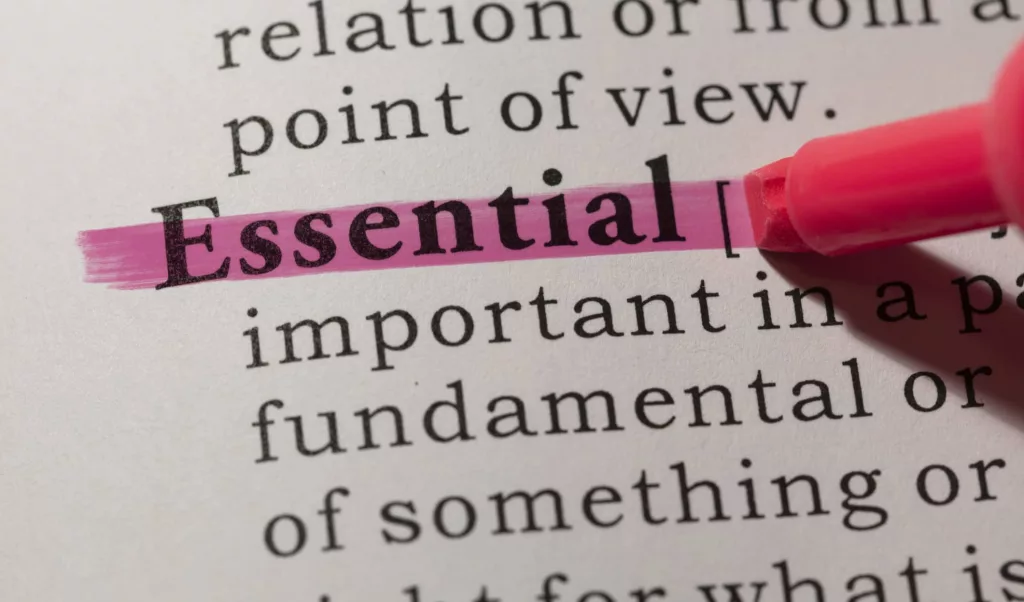Fed up with watching some businesses struggle or even die because they have been deemed “nonessential” during pandemic conditions, one of the leading advocates for the small business community testified in Lansing Thursday in support of legislation that would prevent a business from being closed by an emergency order while other businesses selling similar products or with similar operations are allowed to remain open.
The National Federation of Independent Business (NFIB) in Michigan issued testimony regarding House Bill 4268, sponsored by State Representative Luke Meerman, which was the subject of a hearing in the House Government Operations Committee. That measure would provide that a business could not be required to close under a state or local emergency epidemic order or rule as long as it is in compliance with the health or safety precautions required of another business allowed to stay open under the same order.
NFIB Michigan State Director, Charlie Owens, says, “Too many small businesses remained closed while watching their big box competitors thrive during the early period of the coronavirus pandemic,” and adds, “Discriminating against one business over another by deeming one as ‘essential’ and another as ‘nonessential’ when they have similar operations is an arbitrary and capricious abuse of emergency powers.”
It’s an approach that Southwest Michigan Regional Chamber CEO Arthur Havlicek has been arguing since last April when he called for “a more measured approach” to the pandemic response, arguing that the state needs to cease implementing restrictions predicated on the essential-vs-non-essential battle lines in favor of guidelines based on work activities that are safe vs. unsafe.
Havlicek said nearly a year ago, “Our Chamber has been listening to the feedback of our members and closely watching the economic implications these orders have had on our area,” and added, “We agree on the importance of continuing our social distancing practices to slow the spread of COVID-19 but believe a more measured approach can be taken to avoid long-term damage to Southwest Michigan’s economy.”
NFIB is also supporting other legislation that would limit emergency orders issued by the Michigan Department of Health and Human Services (MDHHS) to no more than 28 days without legislative approval.
Since the Michigan Supreme Court declared Governor Whitmer’s issuance of executive orders to restrict and close businesses unconstitutional last fall, she has been issuing similar emergency orders through the MDHHS. NFIB supports efforts by the Senate and House to place limits the governor’s unilateral and endless emergency orders.






